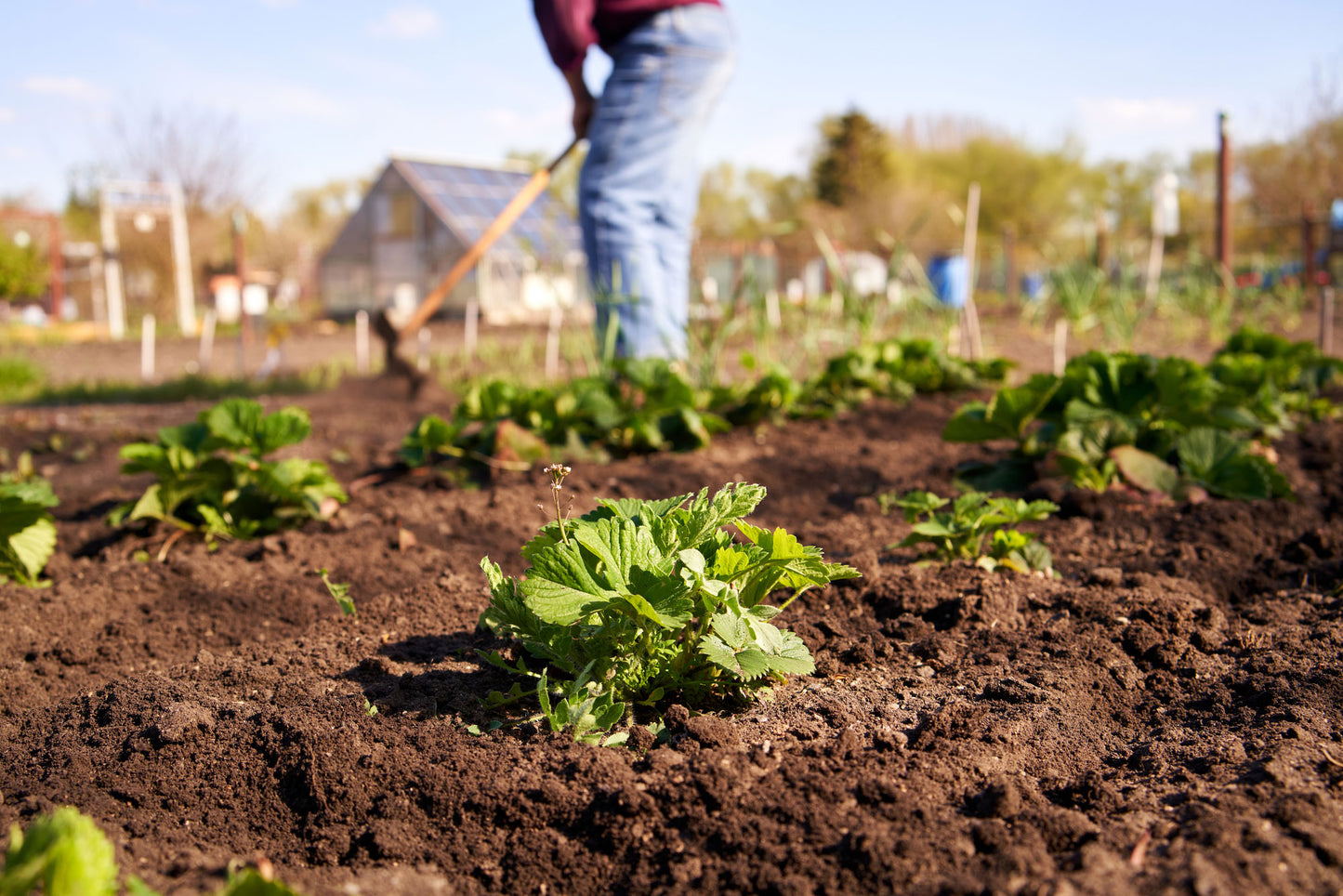
In an increasingly uncertain world, many people are turning to off-grid living as a way to gain independence and security. Living off the grid means relying on yourself for all your needs, from energy to food and water. It can be incredibly rewarding but also presents unique challenges. Here’s an overview of what you need to know to become self-sufficient.
Setting Up a Sustainable Off-Grid Home
Creating a sustainable off-grid home is the foundation of self-sufficient living. It involves careful planning and the right resources.
Key Considerations:
- Location: Choose a location with access to natural resources such as sunlight, wind, and water. Proximity to a community can also be beneficial.
- Design: Opt for a design that maximizes energy efficiency. Passive solar homes, earth-sheltered homes, and tiny houses are popular choices.
- Materials: Use sustainable building materials like reclaimed wood, straw bales, and earthbags.
- Waste Management: Implement composting toilets and greywater systems to handle waste sustainably.
Setting up your off-grid home is an investment in your future independence. Ensuring that your home is energy-efficient and made with sustainable materials will reduce your long-term environmental impact and reliance on outside resources.
Renewable Energy Sources
One of the most crucial aspects of off-grid living is generating your own energy. Renewable energy sources are essential for a sustainable lifestyle.
Solar Power:
- Solar Panels: Install solar panels to convert sunlight into electricity. Choose high-efficiency panels and consider battery storage for nighttime use.
- Solar Water Heaters: Use solar thermal systems to heat water, reducing the need for conventional water heaters.
Wind Power:
- Wind Turbines: Wind turbines can generate electricity in windy areas. They can be used in conjunction with solar panels for a more consistent energy supply.
Hydro Power:
- Micro-Hydro Systems: If you have access to a flowing water source, micro-hydro systems can provide a continuous power supply. They are efficient and reliable but require the right conditions.
Combining different renewable energy sources can ensure a steady and reliable energy supply. Investing in high-quality equipment and regular maintenance will keep your systems running smoothly.
Growing Your Own Food and Raising Livestock
Self-sufficiency means producing your own food. This involves gardening, farming, and possibly raising animals.
Gardening:
- Vegetable Gardens: Start with a variety of vegetables that suit your climate. Use organic methods to maintain soil health.
- Fruit Trees: Plant fruit trees and berry bushes to provide a perennial food source.
- Herbs and Medicinals: Grow herbs for cooking and medicinal purposes. Many herbs are easy to grow and have multiple uses.
Livestock:
- Chickens: Chickens provide eggs and meat. They are relatively easy to care for and can help with pest control.
- Goats: Goats are good for milk and meat. They are also excellent for clearing brush.
- Bees: Beekeeping can provide honey and help with pollination.
Producing your own food reduces dependence on external sources and ensures you have access to fresh, healthy produce. Start small and expand your garden and livestock as you gain experience.
Water Collection and Purification Systems
Access to clean water is vital for off-grid living. Implementing efficient water collection and purification systems is crucial.
Water Collection:
- Rainwater Harvesting: Install rain barrels or larger cisterns to collect rainwater from your roof. This water can be used for irrigation, cleaning, and, with proper treatment, drinking.
- Wells: If feasible, drill a well to access groundwater. Ensure you have a reliable pump system, possibly powered by renewable energy.
Water Purification:
- Filtration Systems: Use multi-stage filtration systems to remove contaminants. These can include activated carbon filters, ceramic filters, and UV purifiers.
- Boiling: Boiling water is an effective way to kill pathogens. Ensure you have a reliable fuel source for boiling.
- Chemical Treatments: Use water purification tablets or drops for emergency situations.
Effective water collection and purification systems are essential for health and hygiene. Regularly maintain and test your water systems to ensure they provide clean, safe water.
Conclusion
Off-grid living offers the benefits of independence, sustainability, and security, but it also comes with challenges. By setting up a sustainable home, utilizing renewable energy, growing your own food, and ensuring a reliable water supply, you can achieve a high degree of self-sufficiency. Embrace the journey of off-grid living, and enjoy the peace of mind that comes with knowing you can rely on yourself for your essential needs.
